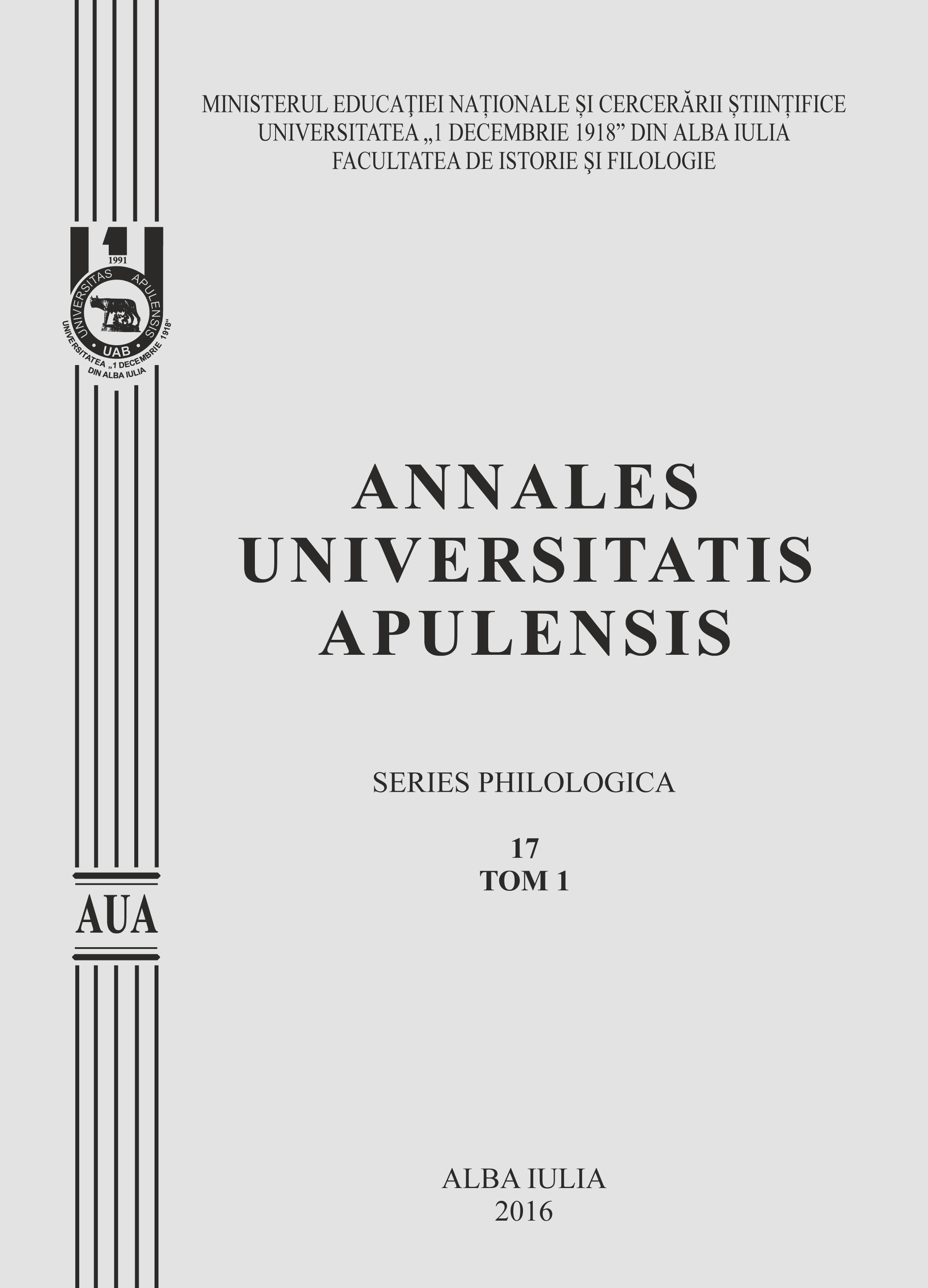Mit şi istorie în romanele lui Vintilă Horia
Myth and history in Vintilă Horia’s novels
Author(s): Sofia Sonia ElvireanuSubject(s): Language and Literature Studies
Published by: Universitatea »1 Decembrie 1918« Alba Iulia
Keywords: Vintilă Horia; novel; history; myth; identity
Summary/Abstract: The implication of history in fiction has multiple motivations. It thus can reconstitute an epoch/ an exemplary destiny/ a major event based on documents serving to understand the past (the historical novel); it can represent a redeeming of identity in the novels of personal memory (testimonial novel, autofiction, novel journal), or a coded historical testimony about a forbidden present (the parable novel). Christine Di Benedetto identifies three possibilities of integrating history in a novel: history as a decorum, the novel based on memory, the refusal of history , a form of escapismo, of non implication, a refusal to be engaged, characterizing the postmodernism. From this perspective, Vintilă Horia’s novels may be classified in the first category, namely history as a decorum. The Romanian writer does not create historical novels, history only represents the background on which the destinies of his characters are projected, as many alter egos meant to underline a thinking based on universality, with its philosophical, aesthetic, religious, scientific spirituality. The novelist acknowledges in his Jurnalul unui ţăran de la Dunăre (Journal of a Danubian peasant) that his novels are “deeply metaphyisical”, history in itself serving as a cover. The author is not interested in chronology, historical times are superposed on the volute of an infinite temporality, the real/invented characters become the instruments leading to an ontological reflection. The Romanian history and myths integrated in his novels are the expression of his cultural identity.
Journal: Annales Universitatis Apulensis. Series Philologica
- Issue Year: 17/2016
- Issue No: 1
- Page Range: 179-189
- Page Count: 11
- Language: Romanian

